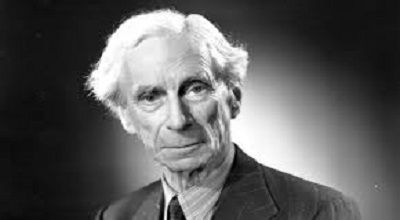Bertrand Russell’s 10 Essential Rules
Bertrand Russell, a renowned philosopher, logician, and social critic, did not explicitly formulate a list of “10 Essential Rules of Critical Thinking.” However, his works and teachings encompass principles that align with critical thinking. Here are ten ideas drawn from Russell’s writings that reflect his approach to critical thinking:
- Questioning Authority: Bertrand Russell advocated for a healthy skepticism towards authority and tradition. Critical thinking involves questioning assumptions and not blindly accepting information based on the source.
- Logical Analysis: Russell was a prominent figure in the development of symbolic logic. Critical thinking often involves breaking down complex ideas into simpler components and analyzing the relationships between them.
- Clarity of Thought and Expression: Clear thinking leads to clear communication. Russell emphasized the importance of expressing ideas straightforwardly and understandably.
- Avoiding Unwarranted Assumptions: Critical thinkers strive to identify and challenge assumptions underlying arguments. Russell cautioned against accepting propositions without evidence or reason.
- Empirical Evidence: Russell was an advocate for empirical evidence and scientific reasoning. Critical thinking involves relying on observable, testable evidence rather than mere speculation or belief.
More here…
- Open-mindedness: Critical thinkers remain open to new ideas and are willing to revise their beliefs based on new evidence. Russell valued intellectual flexibility and the ability to adapt one’s views in light of new information.
- Consideration of Multiple Perspectives: Russell believed in considering various viewpoints before forming conclusions. Critical thinking involves weighing different arguments and perspectives to arrive at a well-informed judgment.
- Awareness of Cognitive Biases: Bertrand Russell recognized the human tendency towards cognitive biases. Critical thinkers strive to be aware of their own biases and to critically evaluate information without undue influence from preconceived notions.
- Rigorous Examination of Arguments: Russell stressed the importance of carefully examining and evaluating arguments. Critical thinking involves assessing the validity and soundness of reasoning presented in support of a claim.
- Intellectual Integrity: Bertrand Russell emphasized intellectual honesty and integrity. Critical thinkers aim to be honest with themselves and others about the strengths and weaknesses of their own arguments and those of others.
While these principles do not constitute a specific list formulated by Russell. They capture key aspects of his approach to critical thinking, as evident in his various writings and teachings.
